Supernatural Old v New: Part Two – Sam and Dean’s Motivations and Desires

The Mission Statement
The Winchesters, by and large -in a big picture sort of way- are motivated by one of two things throughout the series: revenge and most significantly, redemption. Rarely, if ever, do either of these one impetuses operate singularly. Rather it becomes a case of which is most predominant at any given time. And of course it goes without saying that familial love is never lacking as a push either.
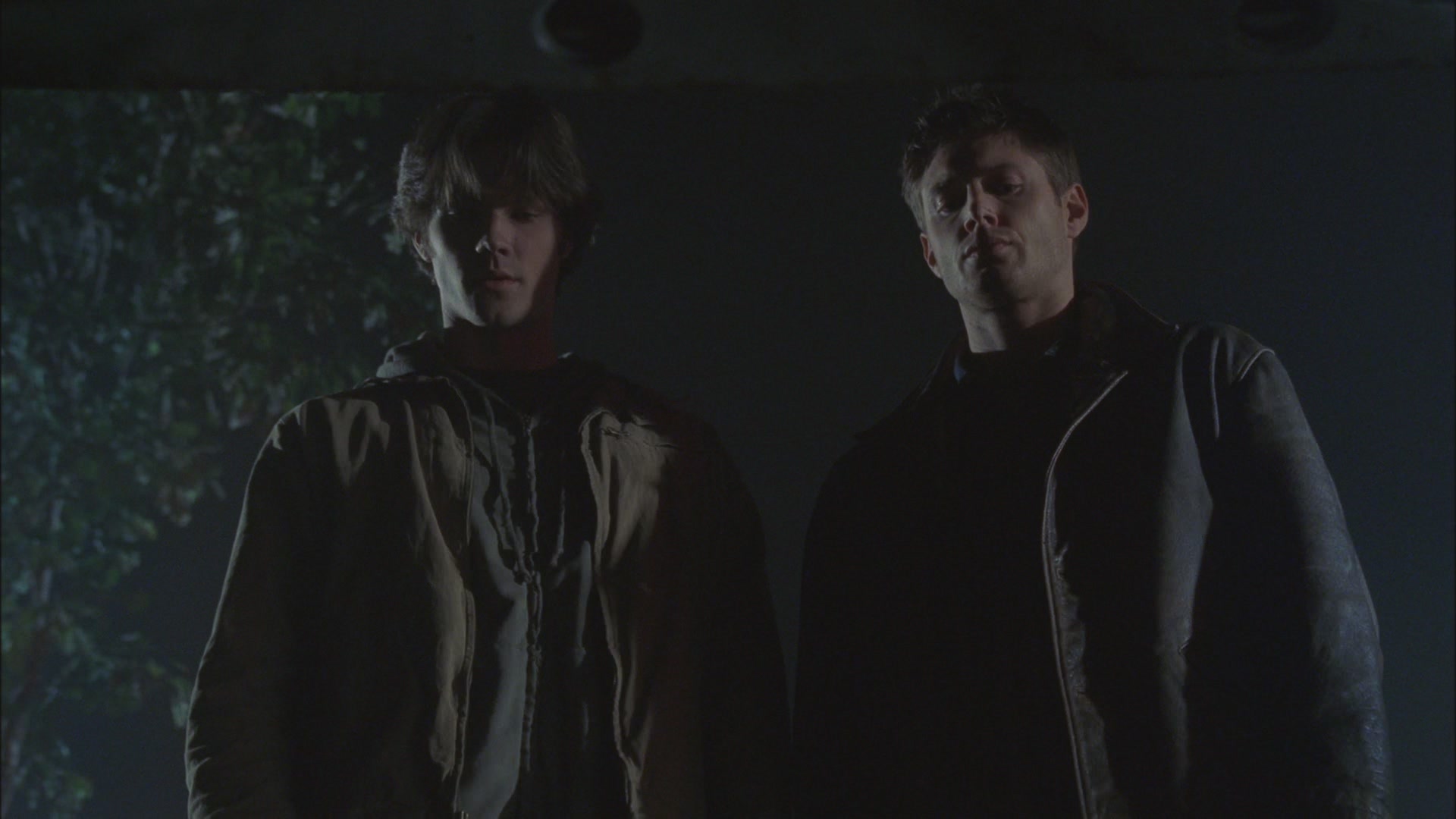
However, there are moments – even extended lengths – where one of these spurs has keenly dominated very nearly to the point of blacking out all else. In these cases it is often to great detriment and suffering – and typically resulting in one action that leads down a new path paved with so-called good intention toward a certain end that ultimately ends up in a whole new mission and motive.
The Winchester Brothers are alike in many of their motives throughout the seasons, the sync of these motives falls in and out of step as time goes on, for better, worse or otherwise. Over the years, there a sliding measure on which the motives of Sam and Dean Winchester can be examined: the scale of personal motives to global motives. Personal being those missions where the outcome and gain is of course, solely (or by and large) for personal benefit. Sam and Dean were born to the personal mission: avenging mom. Through time this evolves to encompass a more global perspective in addition to the personal aspects of their missions.
In the category of “personal motive”, Sam and Dean both have two separate motivations under which they habitually rally, revenge and/or justice, which we’ll explore further yet. Under this umbrella have been a multitude of mission statements over many years and this is arguably how the life of hunting began for each brother in the first place: revenge for Mary’s killer.
Something that started on a personal level later becomes a much more global-based mission, first rising from simple personal need for justice or revenge, toward a need to fix what the boys inadvertently broke/released and are compelled by duty to save the world, knowing what’s really hiding in the dark.
Broadly speaking, hunting saves the world. As the series goes on the brothers are motivated by a much bigger view than saving each other or avenging the death family members. It becomes about a universal world impact, particularly in latter seasons. As these stories become bigger, more complex and darker so too do the motivations.
Sam’s journey has been expansive and fluid throughout the years. Arguably, the thread of redemption and desire for proof of self-value bleeds into Sam’s motives from the beginning, colouring many of actions. From the earliest age, Sam states he feels “off” or out of place in the life, leading him to Stanford and ultimately to Jessica. After Jessica’s death and is he is on the road with Dean, Sam confesses to having had premonitions about her dying. There is a strong sense of guilt and need to work hard to, of course, avenge Jessica but also redeem himself for what he believes to be his own guilt in her death:
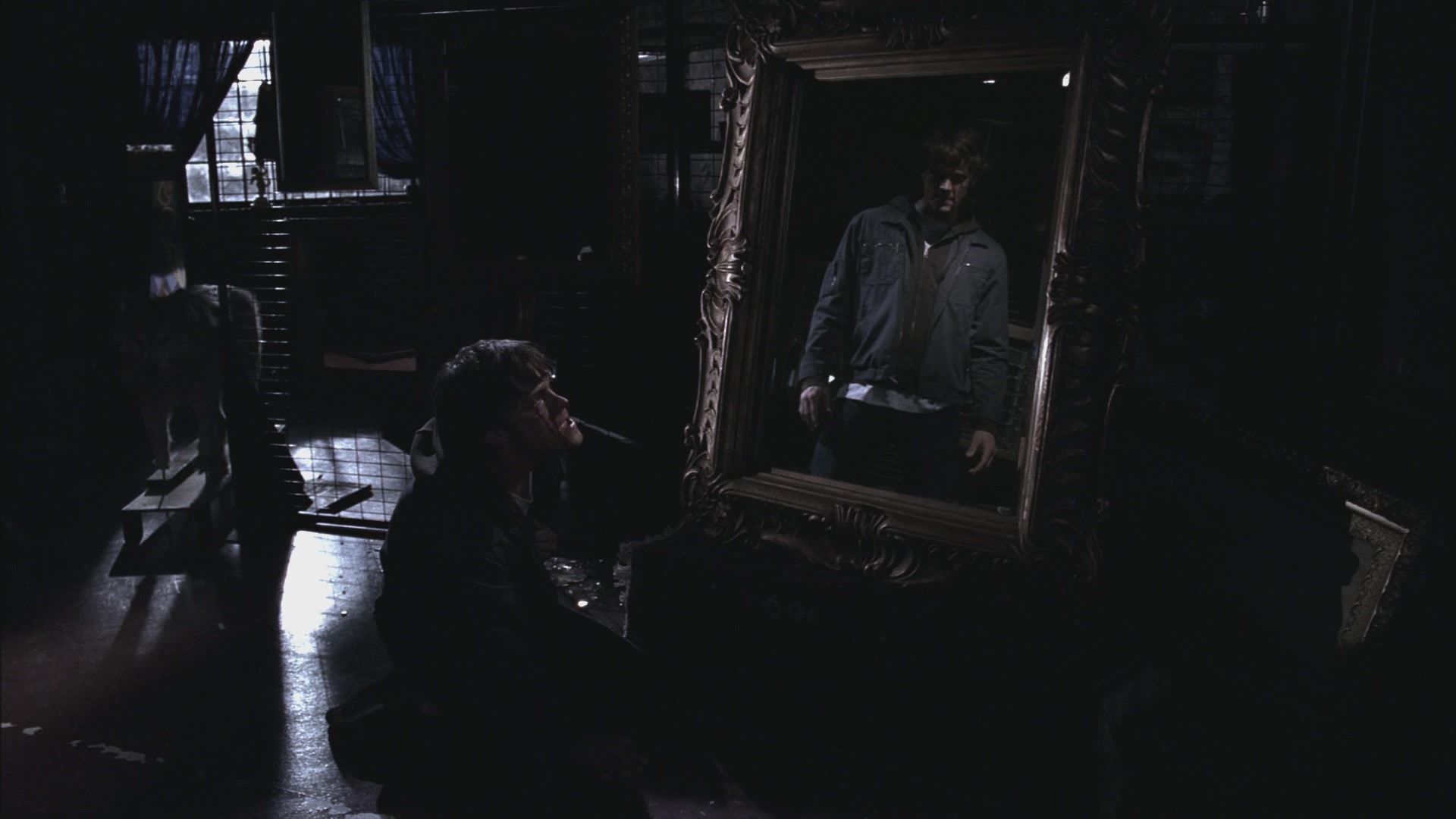
“You never told her the truth—who you really were. But it’s more than that, isn’t it? Those nightmares you’ve been having of Jessica dying, screaming, burning—You had them for days before she died. Didn’t you!?! You were so desperate to ignore them, to believe they were just dreams. How could you ignore them like that? How could you leave her alone to die!?! You dreamt it would happen!” [1.05-Bloody Mary]
Early on in the series, in everything he does Sam is shrouded by the idea that he is evil/unnatural and as a result works hard to (a) disprove himself in the regard (b) counteract his evil or (later on down the road) (c) make said evil useful. This culminates between season two and season five, when he learns John’s final words to Dean and then understanding that he is meant to be Lucifer’s vessel. And of course – everything in between.
As time goes by, we see an evolution in Sam and revenge comes to the forefront with extreme focus in season four. Naturally there are a number of outside influences that factor in at this point to consider this is a part of Sam, but looking back to before this time we also glimpse in Mystery Spot a perfect example of how the merger of familial love and need for vengeance lead down a dark path when unchecked, even without the influences of the demon blood and Ruby’s whisperers.
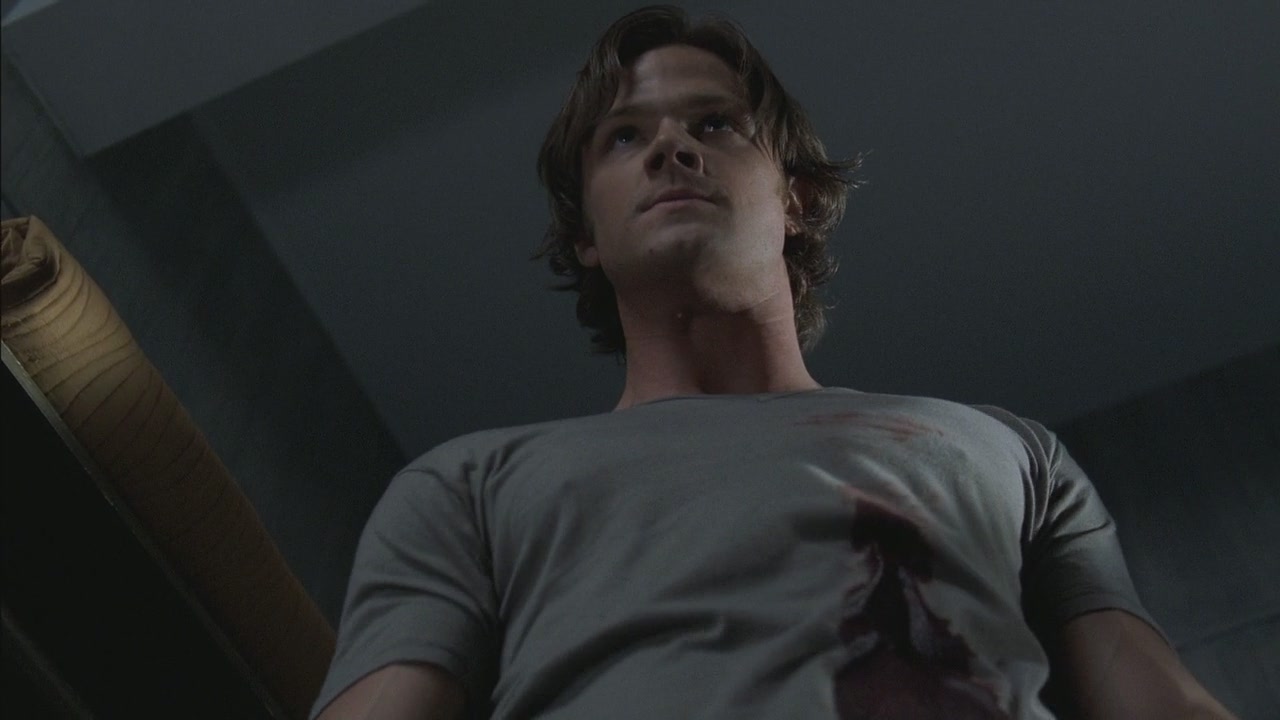
Add Ruby and all she offers to the mix, and it gets even darker:
“Dean, I need her [Ruby] to help me kill Lilith. I know you can’t wrap your head around it, but maybe one day you’ll understand. I’m the only one who can do this, Dean.” – 4.21, When the Levee Breaks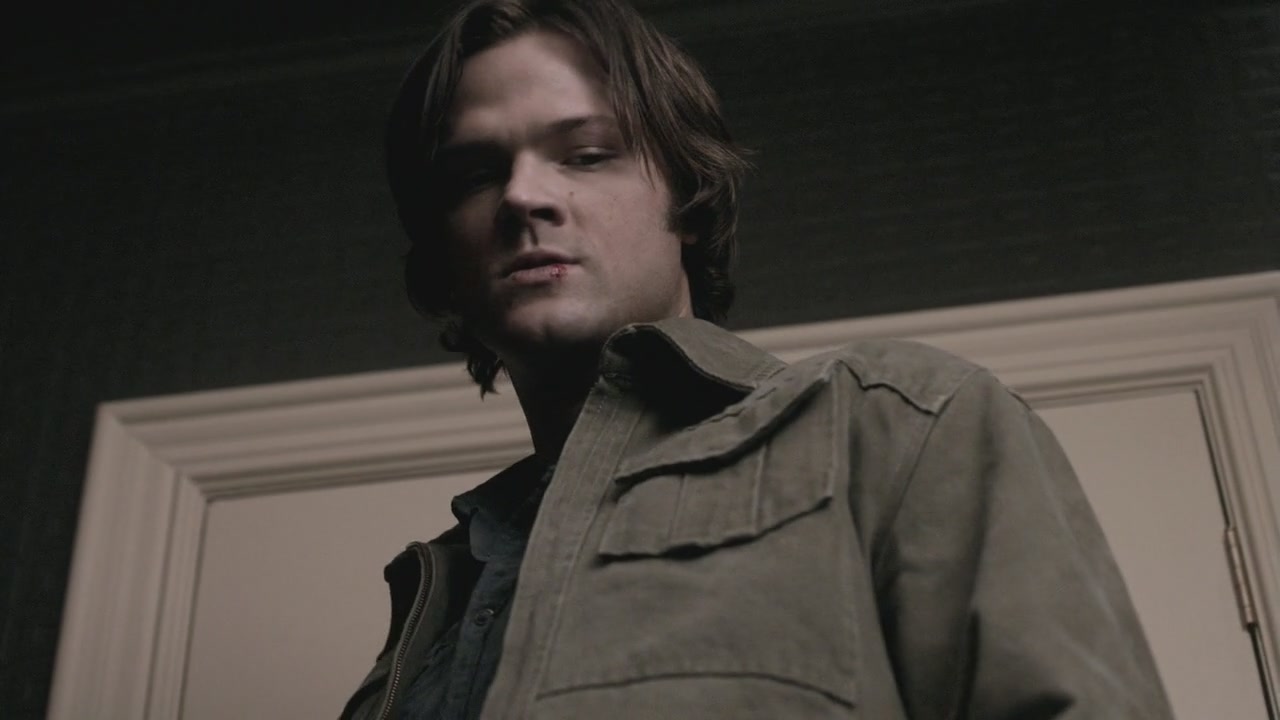
Comparatively, in season five Sam is seeking redemption for his perceived sins – once he regains a little confidence/trust in his ability to do the job. In the end of course, we know he makes the ultimate sacrifice with Lucifer too. Through the years this pattern continues, save for season six in which Sam isn’t truly himself, though even then when his soul is returned Sam works to absolve the sins “he” committed while soulless (very Whedon-esque). The universal theme of redemption, always present in Sam from the beginning, inevitably manifests into physical missions and full season storylines. For example, Sam will continue to work to “redeem” himself again and again, as he demonstrates with the Trials in season 8:
“…you think I screw up everything I try…You want to know what I confessed in there? What my greatest sin was? It was how many times I let you down. I can’t do that again.” (8.23)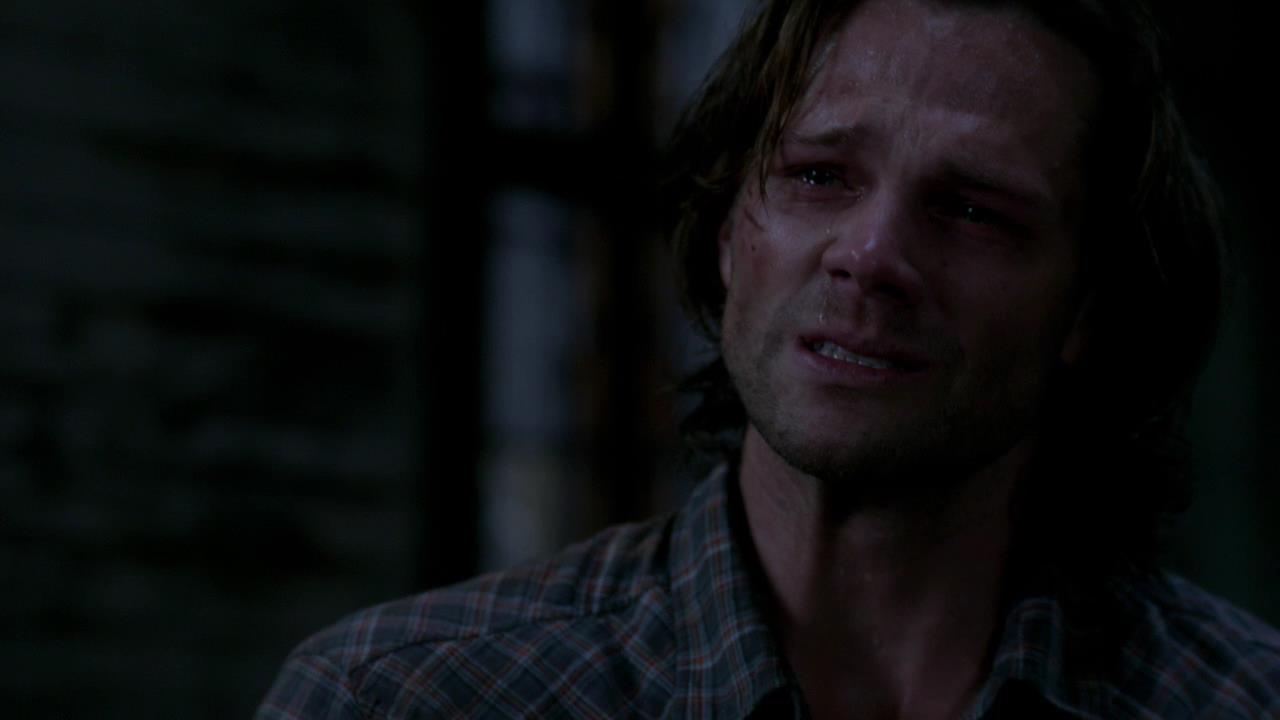
So, if this is consistent from the beginning, what’s different now? The most blatant change in Sam from the beginning to now is what motivates him and how deep this motivation runs. When Sam set out with Dean in the pilot, he had one motivation for doing so: John was missing. Sam’s life was very removed from hunting at this point. He’d carved out the normal he wanted so much and was adamant about keeping it. This trip with Dean was one-time only, a few days maximum; after which Sam was going back to law school and his girlfriend and saying goodbye to the world of ghouls and ghosts once more. As we well know – this did not happen. Jessica was killed and Sam’s motivations became about finding John, largely as John was a necessary bank of information to getting the demon that killed Jess (and Mary) after which time, Sam still intended to return to Stanford:
Of course, as seasons wore on the surface motivation changed: break Dean’s deal, stop the apocalypse, save the world from Leviathan, etc. but what becomes especially clear as we go on through the years is that Sam is executing more than just a must-do item on a check list, as it seemed in many ways in season one. Rather, this is a calling, it’s an important function in the larger scheme of the universe and while the mission of the month certainly ranges on the section of grandiosity and universality – the hunt itself saves lives and Sam is a hunter.
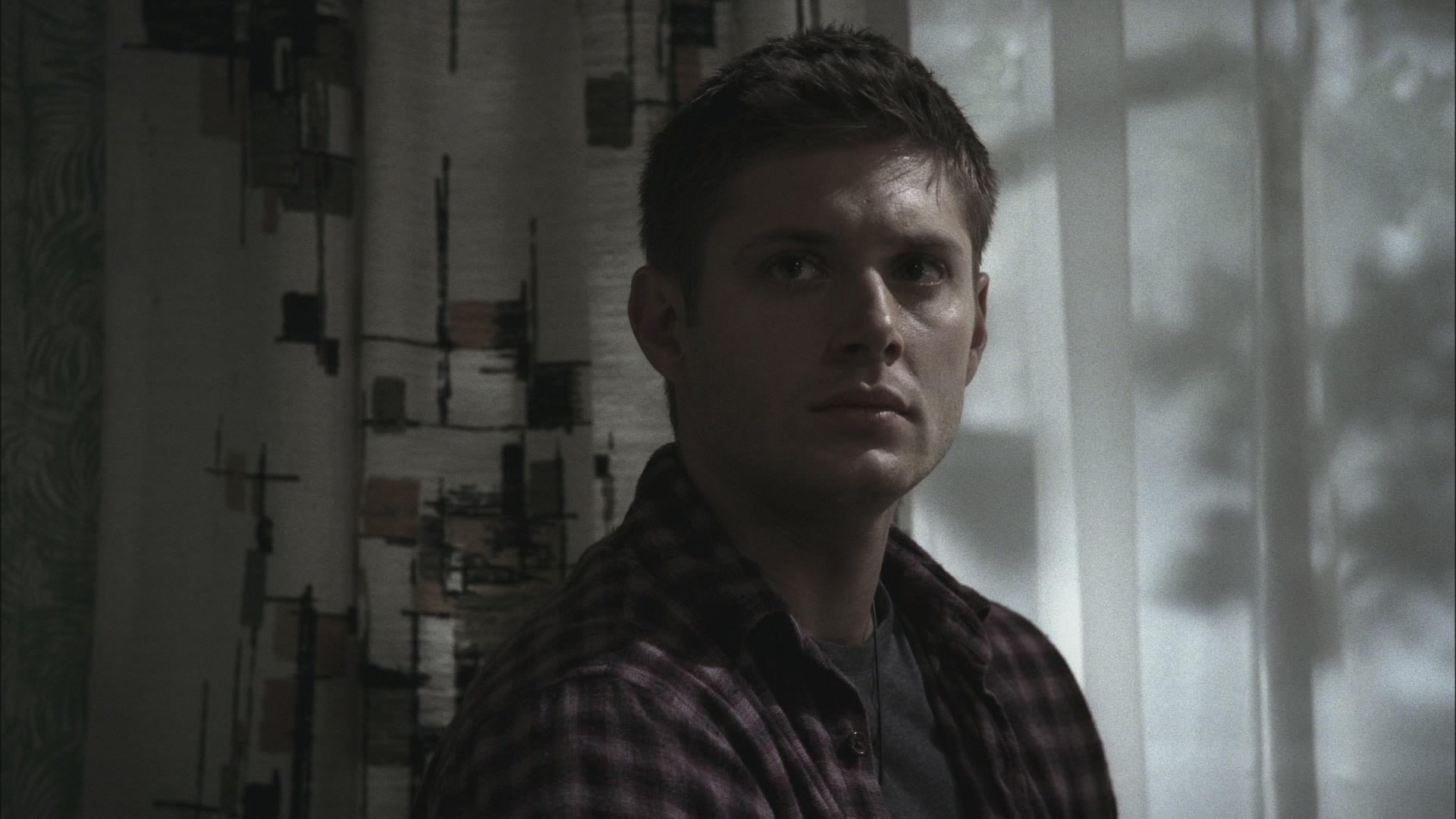
Like his brother, Dean’s motives have a similar rise and fall pathway with noble causes leading toward needs for redemption – in the character’s eyes if not in reality – or vice versa in complex webs of Supernatural storytelling. For Dean when he sets out in season one it is to find his father and his primary goal is to protect his loved ones. Does he want to avenge his mother? Yes. But predominantly, Dean’s focus is to ensure his remaining family lives. This is keenly witnessed in 2.20 in Dean’s initial struggle over “returning” to his reality:
This is also readily apparent where Dean suggests quitting hunting in order to keep Sam from Azazel (which Sam sees through and rejects, of course):
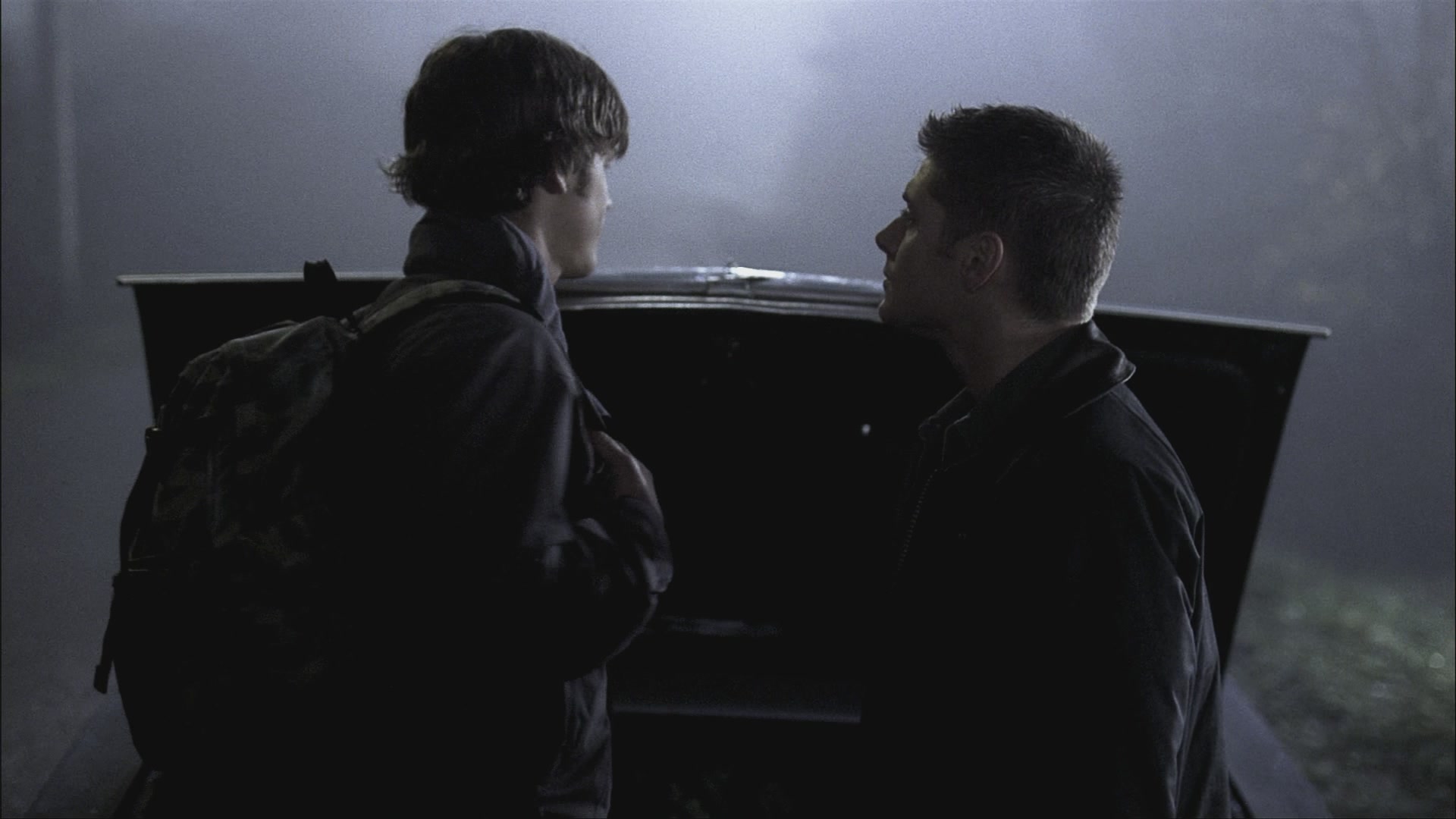 This is, as we’ve well witnessed, an early point of contention between Sam and Dean – highlighted by how powerfully Dean feels this particular motive where Sam is less initiated to act by that particular sense:
This is, as we’ve well witnessed, an early point of contention between Sam and Dean – highlighted by how powerfully Dean feels this particular motive where Sam is less initiated to act by that particular sense:
Sam: I don’t understand the blind faith you have in the man. I mean, it’s like you don’t even question him.
Dean: Yeah, it’s called being a good son! You’re a selfish bastard, you know that? You just do whatever you want. Don’t care what anybody thinks. [1.03, Scarecrow]
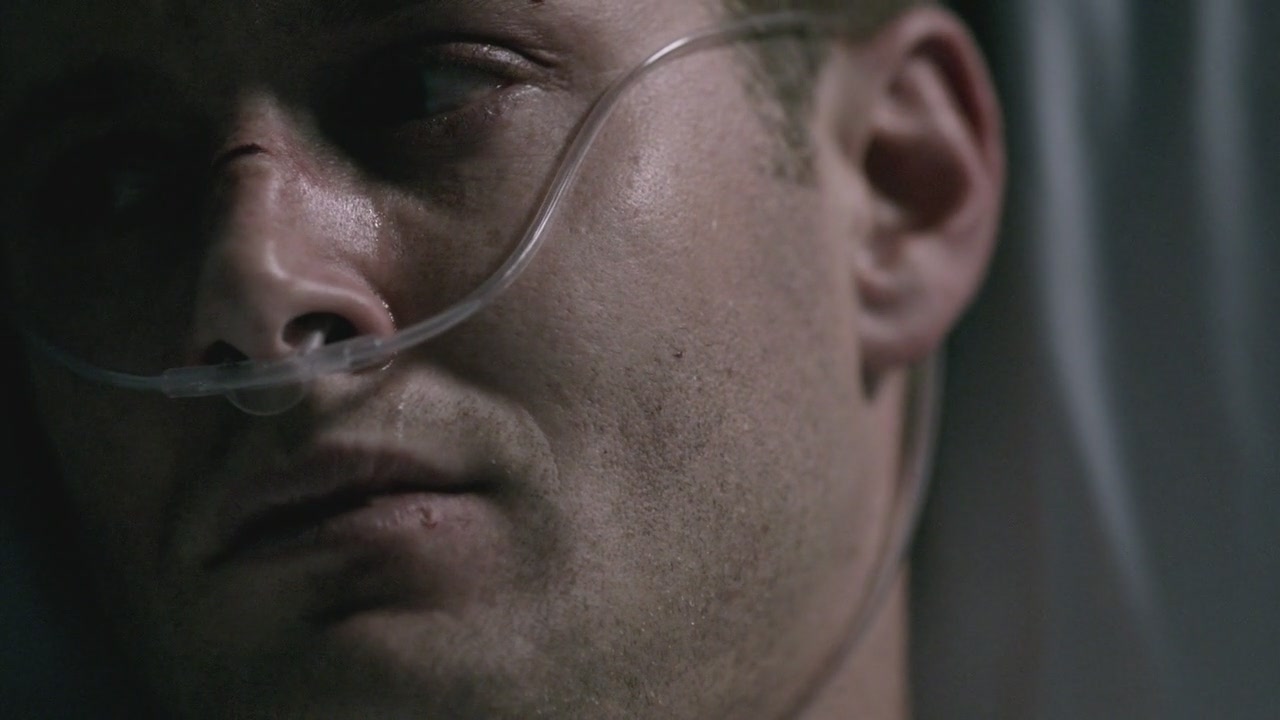
“It’s too big. Alastair was right. I’m not all here. I’m not—I’m not strong enough. Well, I guess I’m not the man either of our dads wanted me to be. Find someone else. It’s not me.” [4.16, On the Head of a Pin]
In later years, Dean makes desperate choices and suffers for them, particularly by season nine. Here Dean tricks Sam into angel possession which leads to a number of negative consequences in varying ways, including damaging his relationship with Sam. When the truth is finally discovered by Sam, the trust is shaken between the two and Dean is devastated by his mistakes. The separation of the brothers leads Dean into a partnership with Crowley, towards Cain and thus we have the Mark of the Cain:
“Kevin’s blood is on my hands. And that ain’t ever getting clean. I’ll burn for that. I will. But I’ll find Gadreel and I will end that son of a bitch. But I’ll do it alone…I’m poison. People get close to me they get killed, or worse. I tell myself I help more people than I hurt and I tell myself that I’m doing it all for the right reasons and I believe that. But I can’t — I won’t drag anyone anybody into the muck with me – not anymore.” [9.10, Road Trip]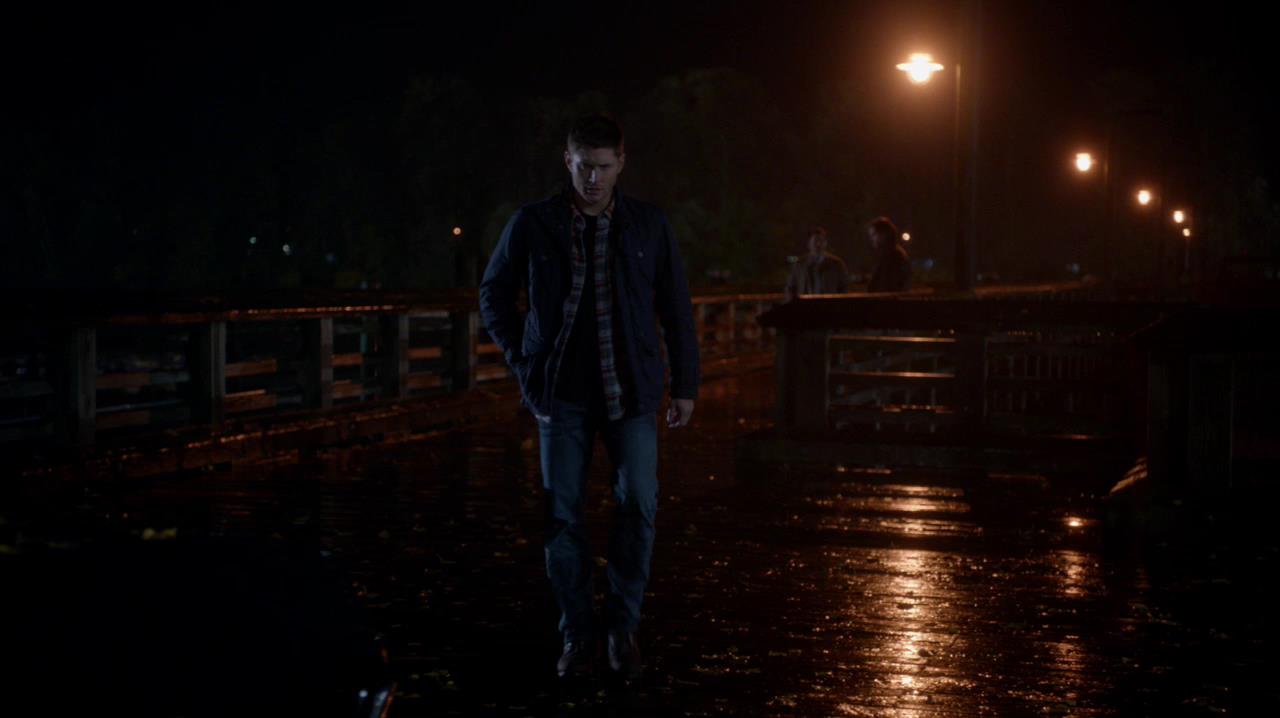
Season ten ends with both brothers making emotionally-driven decisions, based on their need to save each other and resulting in the Darkness being unleashed on the world. So, the good news is the shared burden of that blame and absolution of past sins between them by season eleven.
No discussion would be complete without looking at the influence the brothers have on each other in terms of motives. Compared to early days, both Dean and Sam are far more balanced in their emotional influences by season eleven. This is not to say emotion doesn’t factor into their choices however they are more clearly able to account for the bigger picture versus their own individual needs and desires for each other.
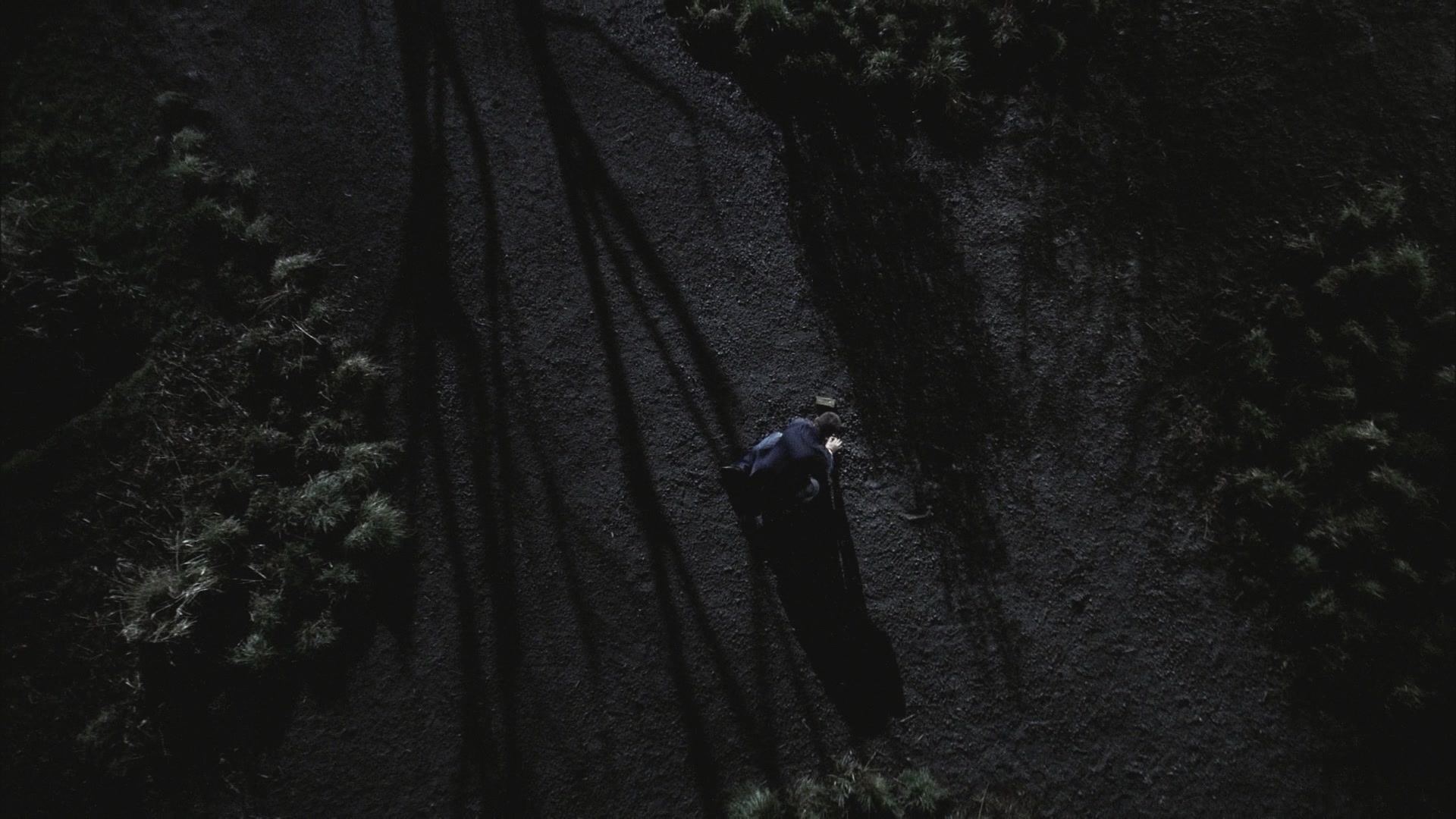
In season two we have, debatably an incident which prompted a massive domino effect, Dean trading his soul for Sam’s life:
“That’s my point. Dad brought me back, Bobby. I’m not even supposed to be here. At least this way, something good could come out of it, you know? I–I–It’s like my life could mean something.” [2.22, AHBL]
Later we have the boys who have a much greater comprehension of the impact their actions have on the world and struggle to make the best decisions overall.
Even more simply than life and death, looking at situations of disagreements from early years versus later days. Consider the “breakup” in Scarecrow where they initially go their separate ways. This was a black and white split, despite the hurt it caused both of them. Granted they sorted it out (lucky for Dean) by the end. Certainly Sam and Dean have split up and had fights throughout this long adventure – nobody hurts each other quite like family after all – but ultimately they work toward setting aside these issues for the sake of the mission. After the Amy issue, the boys came back together despite the presence of the conflict, to set aside issues for the sake of the mission.
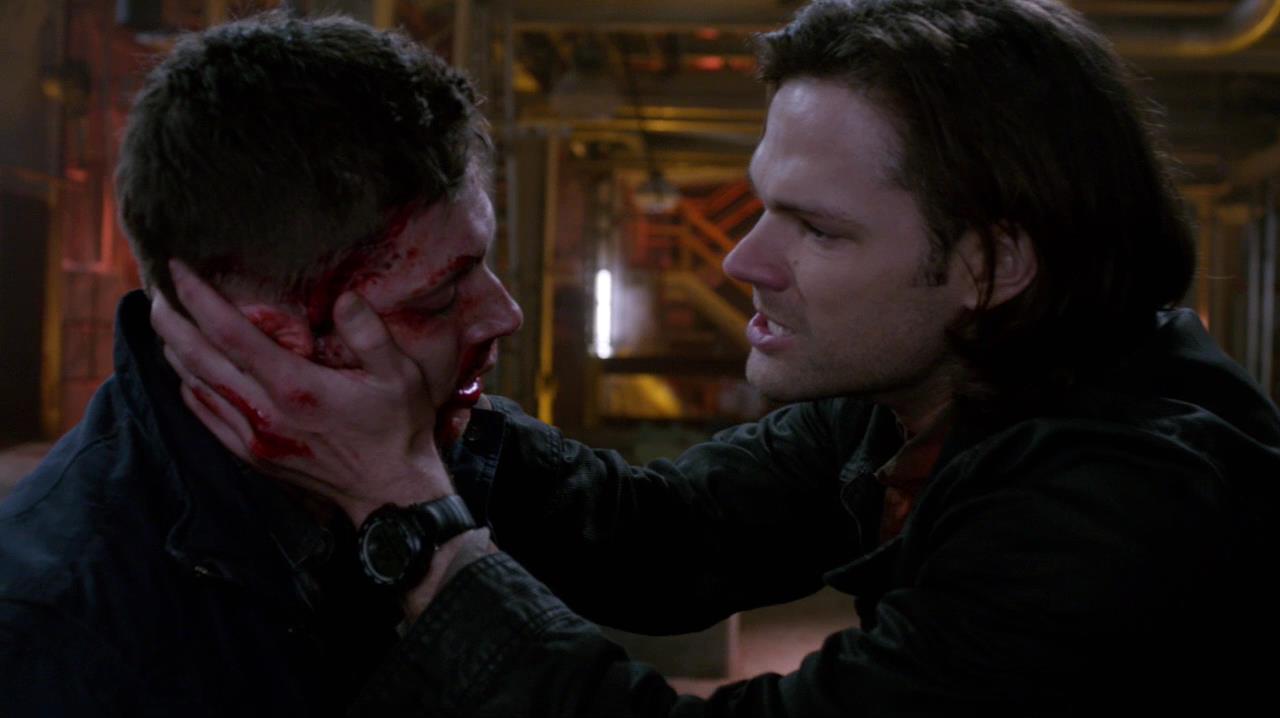
Similarly to what motivates them, the Winchesters desires have undergone varying progressions over time. In season one the audience was privy to a Sam longing to escape the hunting life style and live the “normal” life – he swore to achieve his needed revenge and return to school, finished with hunting forever.
By season ten and eleven, Sam seems to have struck a balance between the normal, white picket life he used to desire and the hunting world he’s so immersed in. 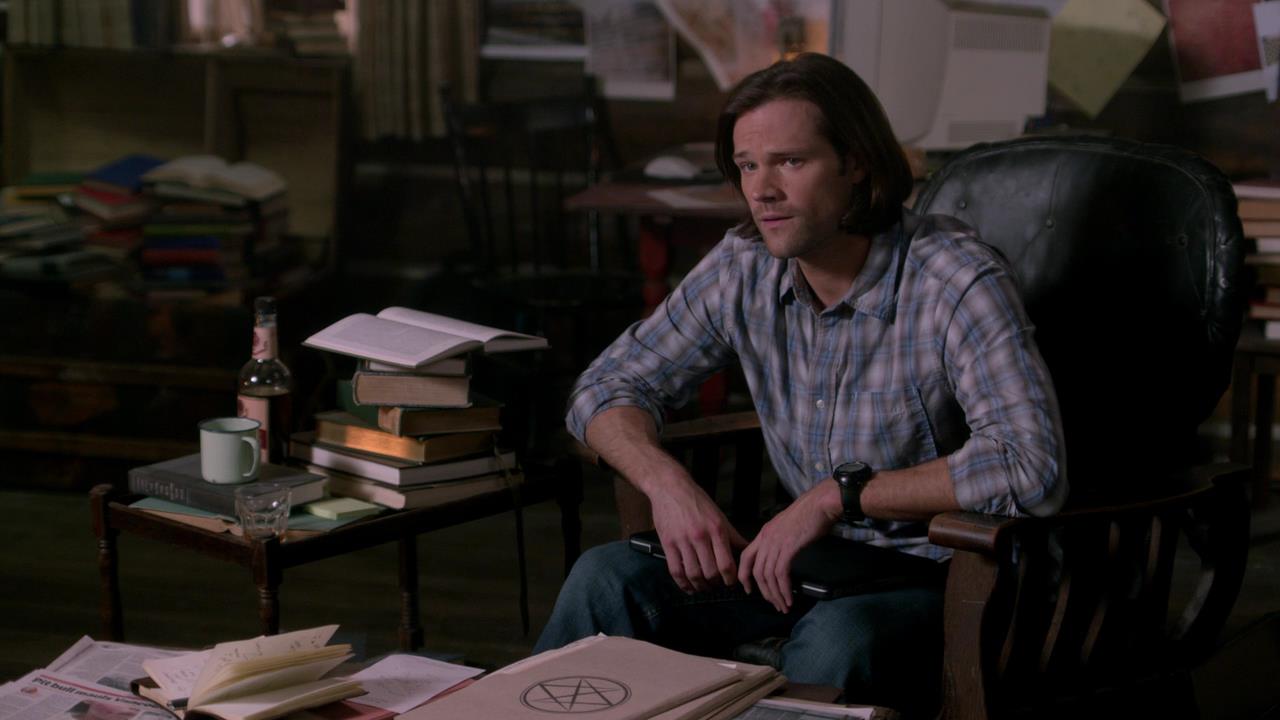
“When Dean came to get me at school, I told myself … one last job, y’know? One more job. And then when–when … I lost Jess, I again told myself one more job. There’s always one more job, y’know? And one more job and one more job, and I was going to go back to law and–and my life. […] I guess I really understand now that … this is my life. I love it.” [10.18, Book of the Damned]
Sam sets aside the retirement home brochures at the end of season eleven, hopeful for a future that doesn’t end in death and evil for he and his brother and the bunker now offers Sam a place that is a “home” outside of the Impala that isn’t a motel room – not to mention the endless library.
Unlike his brother, Dean has never had a deep desire to leave the hunting lifestyle (with the exception being to escape pre-destined nastiness for Sam’s sake). Dean is a hunter to his core, and his strong need is to be near his family and keep his loved ones safe – whatever this might look like. Without his brother, Dean also attempts a normal life though he can’t quite ignore the supernatural around him and Lisa knows this too:
“I need you to go. You’re a hunter. And now you know your brother’s out there. Things are different. You don’t want to be here, Dean.” [6.02, Two and a Half Men]
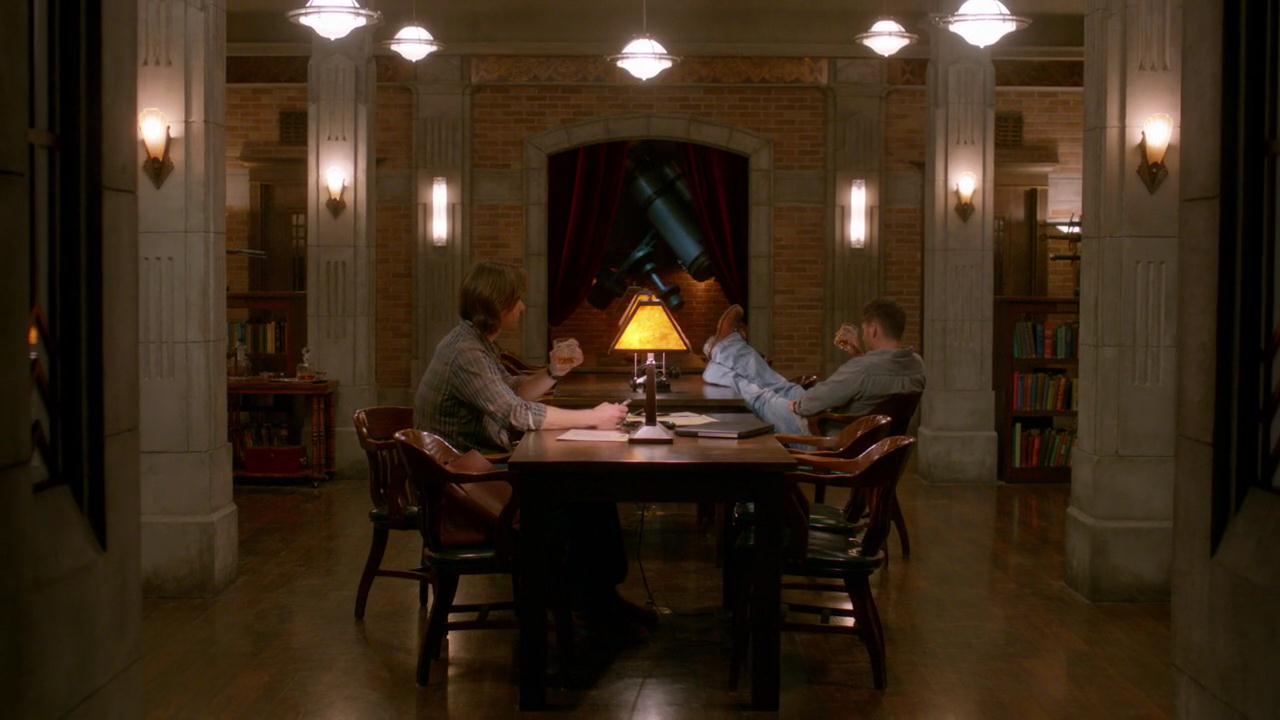
Again, by season eleven, like Sam, it is arguable that Dean has found a nearly satisfactory balance between his desires for a home with his family and want for a home. His room in the bunker is completely personalized and, as Dean self-confesses when he gets creative in the kitchen, he “nests” at the bunker, settling in like a home.
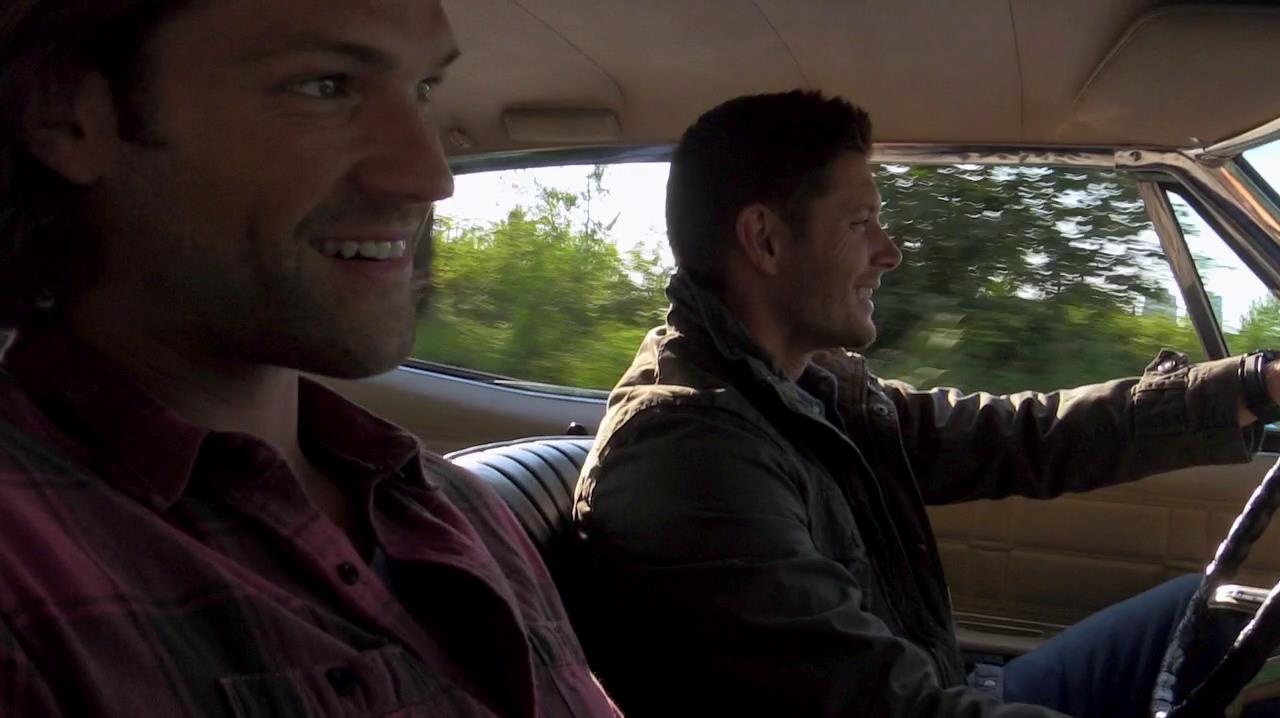
The Winchester boys have evolved in many ways over the ten plus years we’ve been with them. From death to resurrection and back again, the journey has included a multitude of life lessons, some things they’ve learned from and some the lessons they continue to act in spite of learning repeatedly. Overall, Dean and Sam have come a long way from the boys who set out looking for their father, one consumed with the notion that he was evil and wrong and the other duty bound to a black and white view of what family loyalty meant. One thing that hasn’t changed? Their devotion to each other – no matter what it costs.


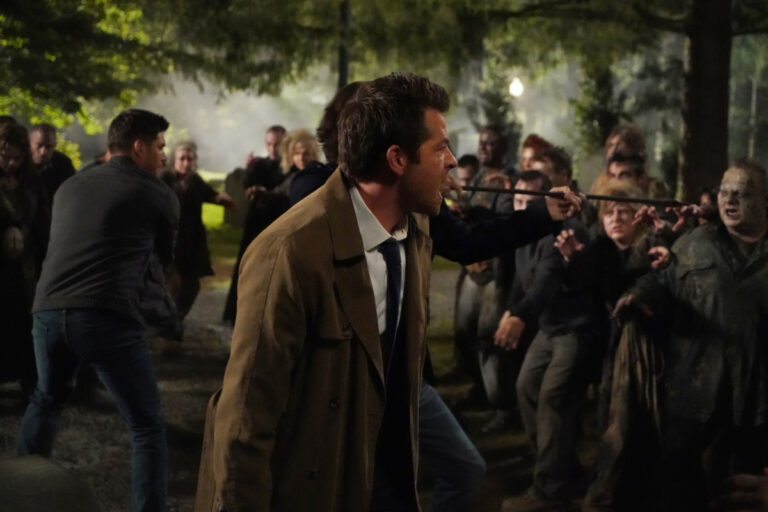

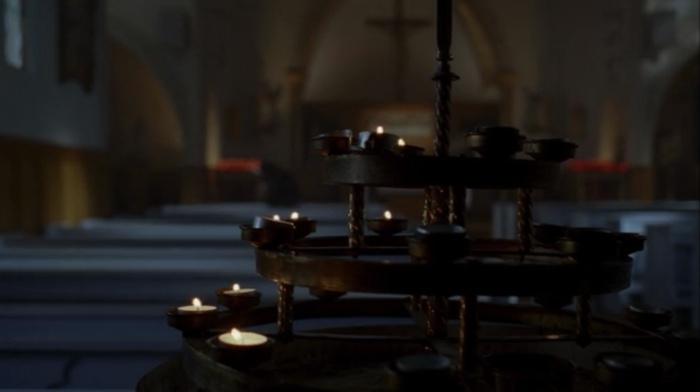
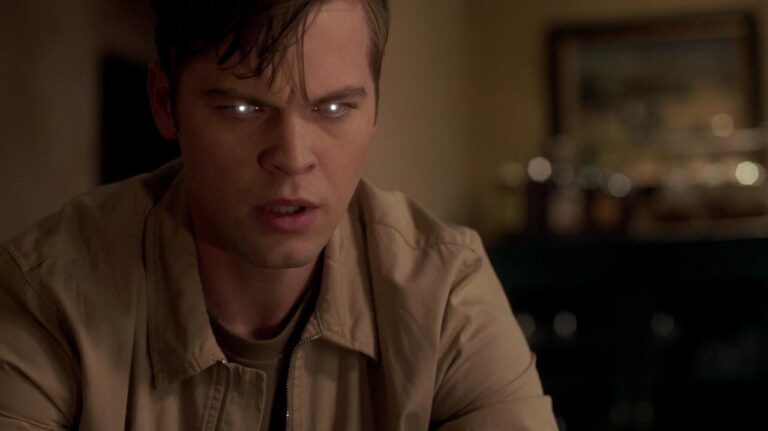
Leave a Reply